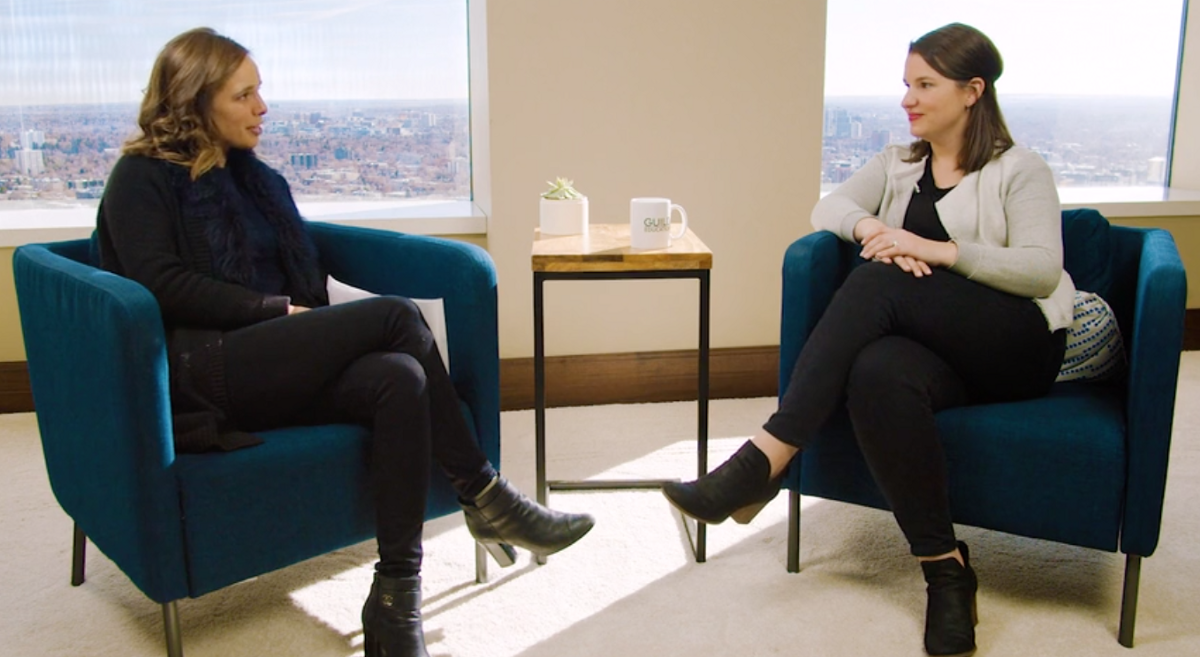
June 2, 2021

THE BIG QUESTION
Short answer: you should start delegating as soon as possible.
This could mean the moment you hire your first employee (best practice). Or, if you already have employees, it's the moment you start feeling overwhelmed or like you’re burning out.
But here’s the thing: if you’ve been running your business for a while now, the exact moment to start delegating might not be so clear. In fact, you unknowingly might have blown past that point already.

So, here’s a few signs that it’s absolutely time to delegate (no exceptions):
But delegation doesn’t always have to happen at scale-or-fail moments. You can also use it to support your team’s professional goals.
For example, maybe one of your employees has expressed interest in a certain responsibility. Or, you want to develop your employees’ skills, so they can earn that promotion.
In these cases, delegation can be the differentiator between your team staying stagnant and leveling up. It’s just an added bonus that you free up some of your time to work on your business!
👉 Learn how to lead with delegation.
FORBES' 30 UNDER 30

"I'm always left wondering if I'm invited to the event to check 'the female box.' Or because my ideas are actually valued," Rachel Carlson said last week at Forbes' 30 Under 30 event.
Rachel is the co-founder and CEO of Guild Education, an employee development platform that has skyrocketed to a $1B valuation. But her feelings aren't unusual among high-accomplishing female founders.
All the female founders invited (Parade's Cami Téllez and Outdoor Voice's Tyler Haney included) shared reservations about speaking at the event.
2020 put female founders under the microscope. One that expected female founders to be nothing short of excellent. An unforgiving standard that their male counterparts are not held to.

If they fall short, chances are they won't be leading their company for much longer. Tyler was one of the female founders swept up in this trend. At the time, her Instagram-friendly activewear company had raised $60M in less than 5 years.
But trying to live up to these standards is like finding a light switch in the dark. Challenging, if not impossible. And Tyler was forced to step down soon after for "clashing with experienced (mostly male) executives," per the NYT.
While male leaders have textbooks detailing what it means to be a great leader, female leaders do not. "There is no playbook for female leadership," Rachel attested. And the rules are very different.
While male leaders are often praised for being decisive and powerful, female leaders are scrutinized for these qualities. And there is little representation of what a great female leader looks like - if not this.
When celebrated, a female founder's accomplishments are simplified down to a few numbers and a picture of what they look like. But the perspective of the female founder herself is almost always absent, Tyler explained.
And as a result, many female founders stay, at all costs, away from the media. Because many of them can't help but wonder if this interview will mark them next.

For Cami, the youngest founder in the group, this fear has dictated how she leads her company. When Parade raised seed money last year, Cami recalled asking investors if they would stand by her if she ended up canceled.
Up until this point, she had actively avoided the press. She "focused on building a company that no one could take away from [her]." A play she continues to rely on.
Because, as Cami said, "we become our best when we help everyone else become their best." And that's what being a good leader - male or female - is all about.
👉Catch the full (unfiltered) conversation.
TL;DR